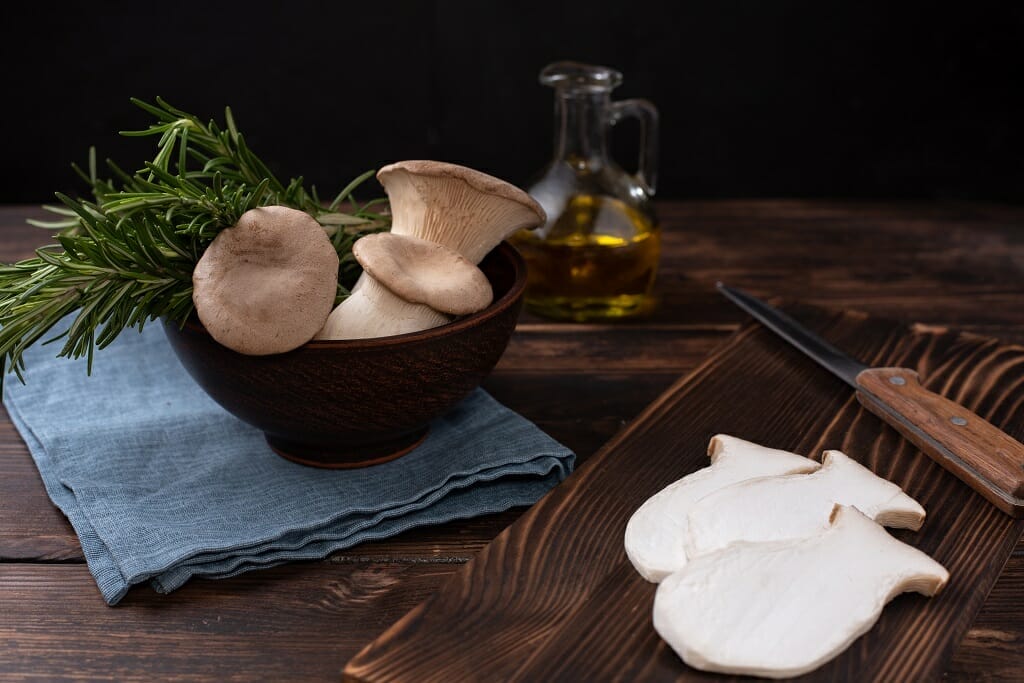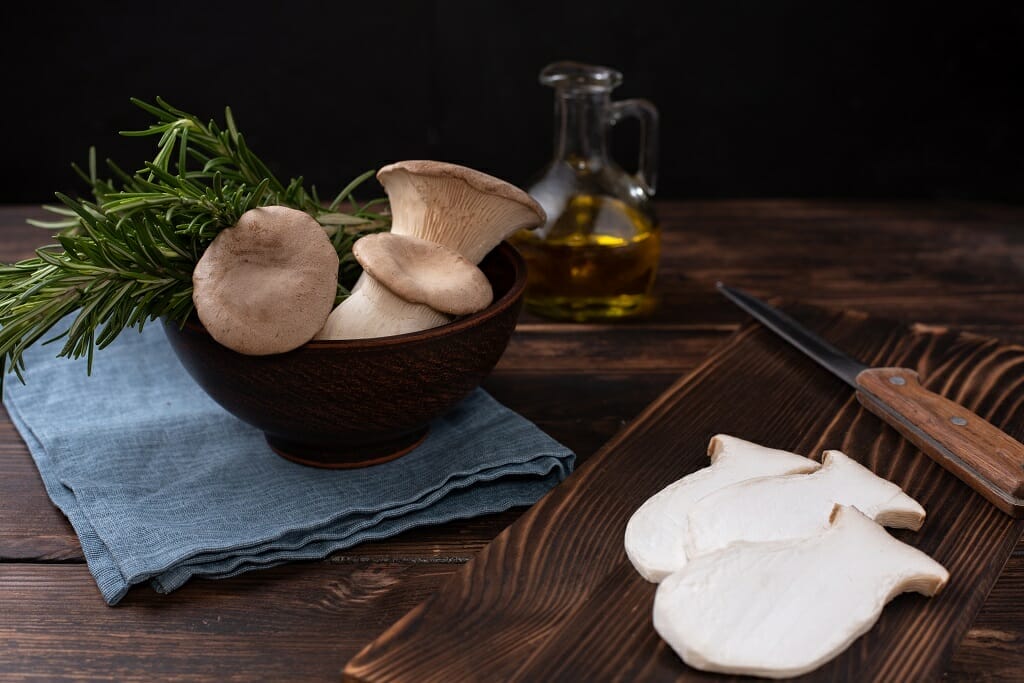Are Mushrooms a Vegetable or a Fungus?

Oyster mushrooms
In honor of ‘Eat Your Vegetables Day’, let’s talk mushrooms!
If you’ve ever questioned whether mushrooms are a vegetable, a fungus or both, you are not alone. It’s a common misconception to label mushrooms as vegetables. However, mushrooms are technically classified as a type of fungi since they do not have leaves, roots or seeds, nor do they need light to grow.
But hold on to your caps – according to the U.S. Department of Agriculture, mushrooms are also considered vegetables since they merit similar nutritional attributes. In fact, mushrooms boast the same nutrients found in meat, grains and produce. They are also high in protein and fiber, and contain many health-boosting vitamins, minerals and antioxidants. Mushrooms are also great sources of selenium, copper, thiamin, magnesium and phosphorus.
But the nutrition doesn’t stop there; here are some more health benefits of mushrooms:
- Low in calories, fat, cholesterol and sodium
- Excellent for fighting inflammation and boosting immunity
- The antioxidants in mushrooms can also reduce the risk of hypertension and help reduce weight loss when substituting 20% with mushroom vs. beef (combined with diet and exercise)
- Due to their high potassium, mushrooms have also been found to lower blood pressure
- Mushrooms can lessen the risk of developing serious health conditions like heart disease, cancer, diabetes and Alzheimer’s
So let’s put the debate to rest – mushrooms are a fungus due to their living conditions and how they grow, and they are also a vegetable from a nutrition standpoint! So go ahead and enjoy the mighty mushroom on ‘National Eat Your Veggies Day’ and every day while reaping the many health benefits!
If you are interested in growing your own mushrooms at home, visit our online store – we offer oyster and shiitake mushroom logs and DIY mushroom kits.
All hail the mushroom!

